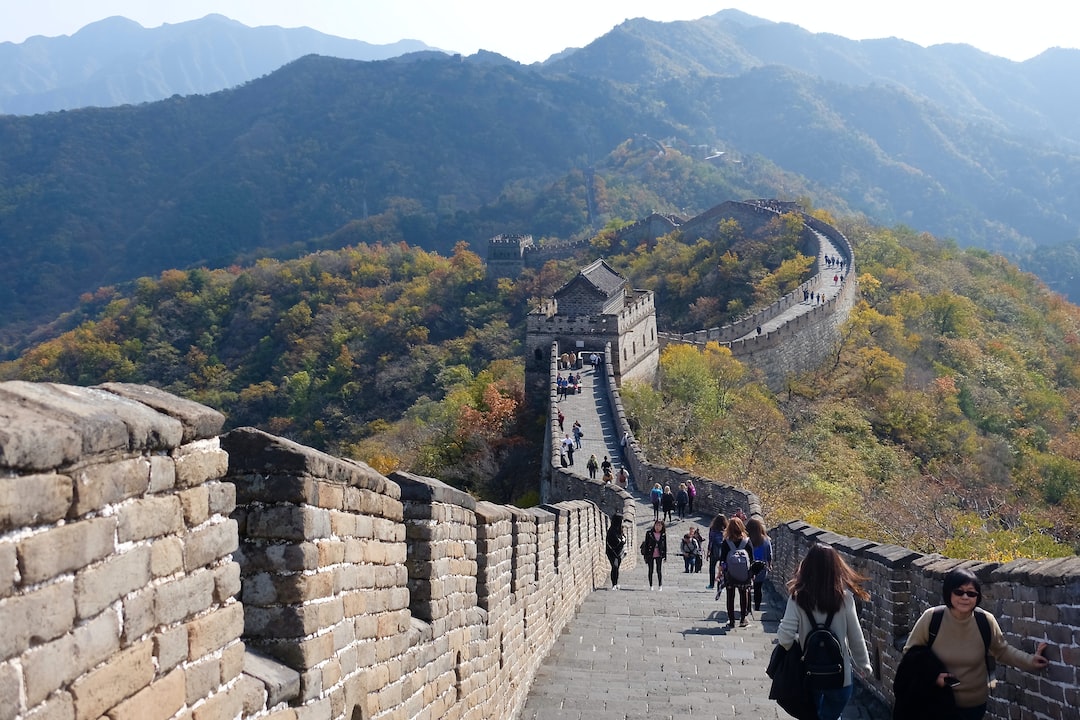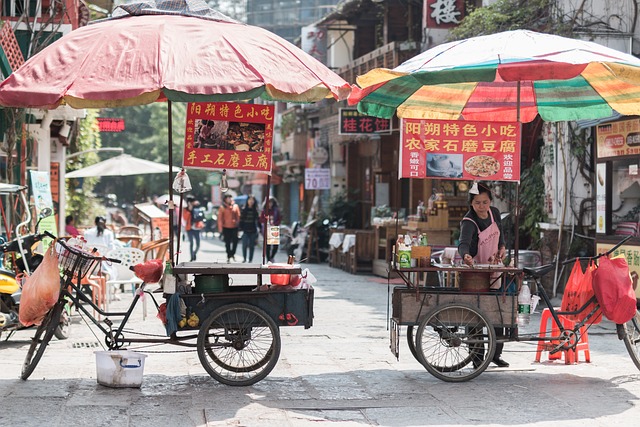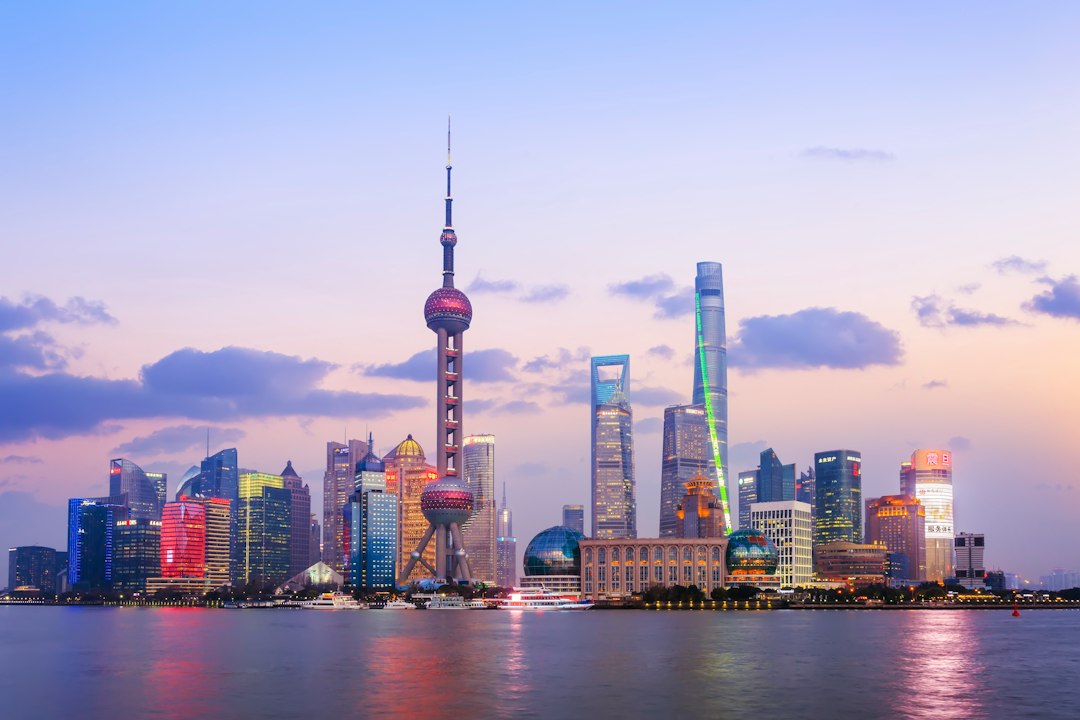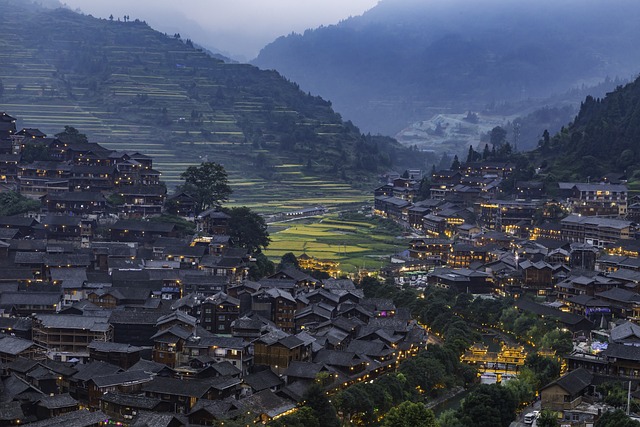Celebrating Dongzhi Festival: The Chinese Winter Solstice
Often regarded with equal or even greater significance than the Chinese Lunar New Year, the Dongzhi Festival holds a cherished position in the pantheon of traditional Chinese festivities. Observed typically on December 20th or 21st, the Dongzhi Festival ushers in the longest night and shortest day of the year in the northern hemisphere. This venerable holiday boasts a history steeped in ritual and is accompanied by distinctive practices.
Diving Into Dongzhi Festival
Understanding Dongzhi Festival: Literally translating to 'the arrival of winter,' Dongzhi (冬至) is one of China's 24 solar terms which marks the winter solstice. This revered day became institutionally recognized during the Han Dynasty (206 BC – 220 AD), signifying the importance of Dongzhi throughout Chinese history.
When is Dongzhi Celebrated?
The specific date of Dongzhi can shift slightly but invariably occurs between December 21 to 23.
- Upcoming Dongzhi: December 21st, 2024
Cultural Celebrations of Dongzhi
The Dongzhi Festival is marked by various traditional activities such as worshipping the heavens and ancestors, reciting the 'Nines of Winter,' crafting homemade rice wine, and delighting in foods like dumplings and ginger rice for warmth and good fortune.
Heaven Honoring
Since the Han Dynasty, worship of heaven on Dongzhi Day is a ritual that many Chinese citizens partake in. The Temple of Heaven in Beijing, amongst others, stands as a testament to this enduring practice, believed to bring bountiful harvests and robust health for the forthcoming year.
Homage to Ancestors
As part of Dongzhi festivities, ancestors are venerated with offerings of traditional foods, incense, and tomb sweeping, especially in the eastern regions of China. These rites underscore the deep connection to one's lineage and cultural heritage during the festival.
Rice Wine and Roasted Meat Traditions
Especially in southern China, savoring rice wine and preparing roasted meats for the New Year are time-honored customs associated with Dongzhi, infusing warmth and flavor into the celebrations.
The Nines of Winter
In northern China, the Nines of Winter, a traditional folk song, counts down nine sets of nine days post-winter solstice signaling spring's imminent arrival. This belief reflects the cycle of changing seasons and anticipates the onset of the farming season.
Savoring the Flavors of Dongzhi
Dumplings and Tangyuan: A Tale of North and South
In northern China, the frigid climate gives way to a preference for hot foods and beverages. Dumplings serve not just as a comforting repast but symbolize prosperity and protection against the cold. The south favors glutinous rice balls, or tangyuan, which symbolize unity and are commonly enjoyed in a sweet syrup or broth, often accompanied by a mild, cassia-infused rice wine.
Regional Delicacies During Dongzhi
Each region brings its unique touch to Dongzhi. Eastern China savors wonton soup, while mutton soup is preferred in the north as it is believed to ward off winter colds. Taiwanese traditions include tangyuan and nine-layer cakes offered to ancestors, reflecting a strong emphasis on family and health during this season.
The Historical Essence of Dongzhi
The winter solstice celebration traces back to ancient times when sage Zhou Feng utilized a sundial to determine the shortest day of the year. It solidified its status during the Han Dynasty. Historically, government officials in the Tang and Song Dynasties were even granted a week off to observe the festival and honor their ancestors.
Traditional Dongzhi greetings include well-wishes of health and warmth. With the resurgence of cultural pride, more young people don traditional Hanfu attire to celebrate Dongzhi, echoing the origins of the festival from the Han Dynasty period.



